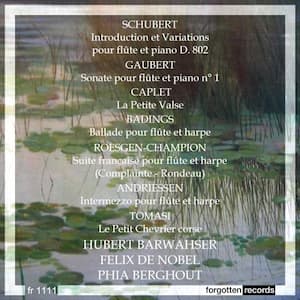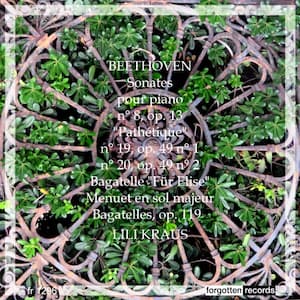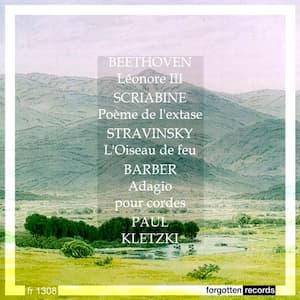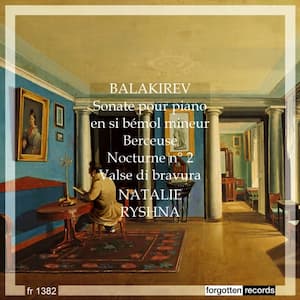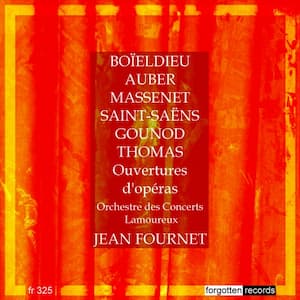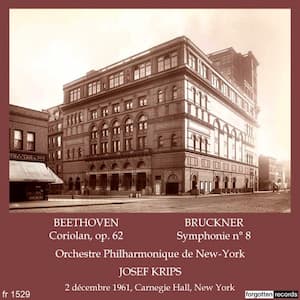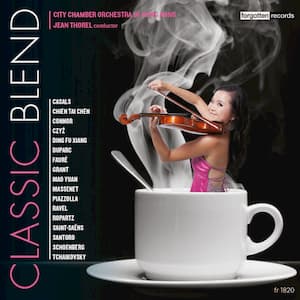In the late-19th and early-20th century, the flute rose on the solo stage, largely through the efforts of French flutists such as Georges Barrère (1876-1944). His career started with a solo in one of the most innovative works of Claude
Forgotten records
It’s the bane of every beginning pianist – it’s too easy to make it banal and not musical – and it’s probable that the work itself is misunderstood by 99% of the amateurs who attempt it. ‘It’ is Beethoven’s Bagatelle
Beethoven’s opera Fidelio had problems from the start. Its premiere, in November 1805, came a week after Napoleon’s troops had invaded Vienna. The composer’s patrons had left the city, and the audience, largely made up of French officers, didn’t like
Mily Alexeyevich Balakirev (1837-1910) was a Russian composer, pianist and conductor who saw those he promoted go on to greatness while he always seemed to elude the same spotlight. He, along with Vladimir Stasov, brought together The Five (Borodin, Cui,
The 1866 opera by Ambroise Thomas, Mignon, was an outstanding success in Paris. It was given its premiere in November 1866 at the Opéra-Comique and over the next 50 years had nearly 1,500 performances in the house. The story comes
In the 19th century, the rise of Napoleon and the threat he posed to all of Europe (and Russia) cannot be underestimated. As his victorious armies swept from border to border, whole nations fell under his sway. Those with revolutionary
In our current musical world, we can hear, literally, anything at anytime. Want a string quartet – The Kronos is on call. Want a piano recital – voilá, Lang Lang appears (if that’s who you want). A full orchestra can
In 1876, when Swan Lake was given its premiere in Moscow, it wasn’t the hit that we consider it today. The prima ballerina was involved in a scandal with a government official (he gave her jewels, she married someone else

